Professor Writes Chapter for Book About TV’s Hannibal
August 19, 2019
Dr. Michelle Miranda, Department of Security Systems and Law Enforcement Technology, has contributed a chapter to a new book about NBC’s Hannibal TV series. The show aired on the network 2013-2015, and is available now on Amazon Prime Video, YouTube and other streaming services.
The book – Becoming: Genre, Queerness, and Transformation in NBC’s Hannibal – covers a variety of topics, including horror, gore, cannibalism, queerness, transformation, love, food, and more. It is published by Syracuse University Press, and available as hardcover, softcover, and ebook, from Amazon and the publisher’s website.
Dr. Miranda’s chapter – “Do you See?”: Clues, Reasoning, and Connoisseurship – addresses observation and reasoning in forensic science; crime scene investigation; forensic psychology and criminal profiling; and Dr. Miranda’s concept of forensic connoisseurship—viewing and interpreting the crime scene as a work of art. The chapter considers how the Hannibal series addresses all of these through its narrative and visual effects.
Amazon’s review says the book is “A varied and exciting collection that will be of interest and importance to many scholars in TV/media studies and cultural studies.”
Earlier this summer, Dr. Miranda presented a paper at Comic-Con International in San Diego, titled “Detection, Investigation and Forensic Science in DC Comics.” She explored “the role of detection and forensic investigation to demonstrate that Flash and Batman have risen to a specialized class of superhero – a dual persona of superhero and hero-detective brought about by incorporating detection and forensic science.”
She says of the convention: “It was an amazing experience to attend Comic-Con and present my research, applying forensic science concepts to superheroes and comics. I hope I can take this experience into my classroom and encourage students to see how their education can be used to understand and appreciate their personal pop culture interests. Hopefully students will develop their own questions and hypotheses that support student-driven research projects related to the portrayal of criminal justice disciplines to popular culture.”








